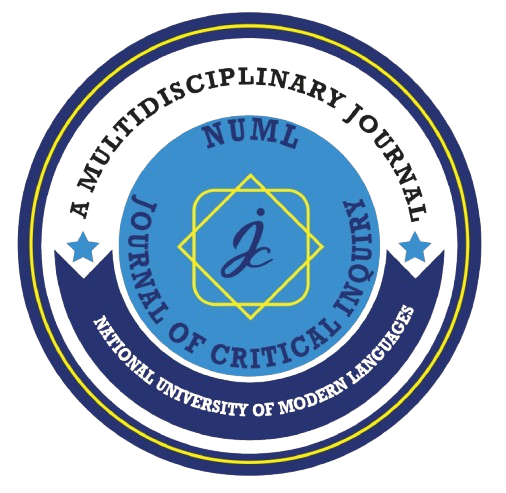“A woman’s tongue is a double-edged sword”: A Linguo-Cultural Analysis of Yoruba and Punjabi Proverbs
Main Article Content
Abstract
This study focuses on Yoruba (African) and Punjabi proverbs by engaging with the themes of 'talk' and 'silence' regarding the gender of the speaker. Taking insights from Feminist Critical Discourse Analysis (Lazar, 2007), data have been collected through purposive quota sampling from the collections of Punjabi and Yoruba proverbs. The thematic content analysis of the paremiological data from both languages reveals that women have been designated as loquacious in contemptuous terms as an indication of their ‘empty brains.’ Their argument is assumed to be meaningless as compared to the one offered by some male speakers. Silence in women is appreciated as a chief trait of a socially acceptable character. On the other hand, men's talk has been glorified as an essential trait of ‘merdangi’ (manliness), and they are encouraged to talk. In both languages, men are explicitly advised neither to act upon their wives’ suggestions nor to share their secrets with them. Feminine discourse has been showcased as an unproductive activity with a strong emphasis on the speakers' unreliability and insincerity. The speakers of these languages have to be aware of the adverse effects of such discourses on silencing the feminine voices for their rights and venting their creative talents. A conscious effort needs to be made by the media and academia to spread more positive discourses to make women an active and productive part of the social dialogue.






